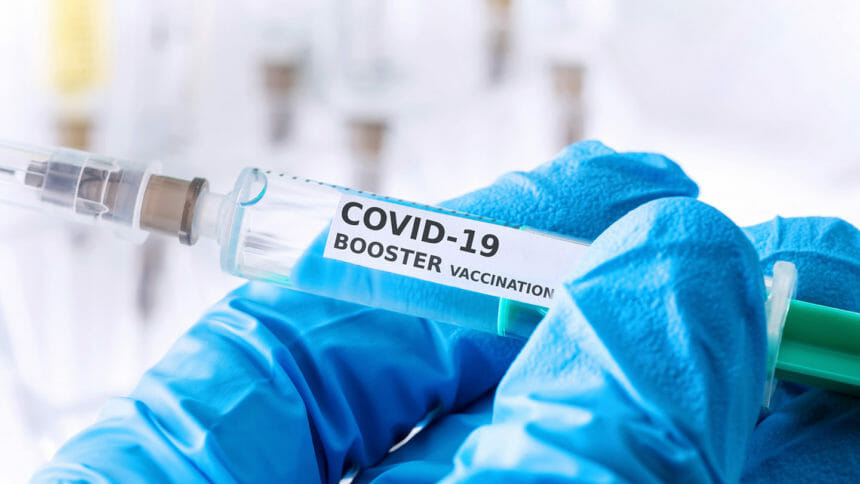
The omicron-adapted COVID-19 booster made by Pfizer and BioNTech is safe and effective in older and younger adults, based on new clinical trial data reported by the drugmakers. The study is the first to test the vaccine in human subjects, adding more credence to the value of this recently authorized booster.
Seven days after receipt of a 30-µg booster dose of the omicron BA.4/BA.5-adapted vaccine, participants “showed a substantial increase in the omicron BA.4/BA.5 neutralizing antibody response above pre-booster levels,” Pfizer reported Thursday, Oct. 13.
The new trial also showed that the vaccine was well-tolerated among participants, “with early data showing a safety profile similar to that of the original vaccine,” the drugmaker stated.
Older recipients
The trial included 80 participants, half of whom were aged 55 years and older. The older group had more limited increases in the neutralizing antibody response against the omicron BA.4/BA.5 variants, Pfizer reported. This relatively lower efficacy among older participants is consistent with trends across age groups in other trials of COVID-19 vaccines, it added.
With this taken into consideration, “data suggest omicron BA.4/BA.5-adapted bivalent booster is anticipated to provide better protection against omicron BA.4/BA.5 sublineages than original vaccine across younger and older adults,” the drugmaker said in a statement.
The Food and Drug Administration in late August authorized this bivalent booster and another made by Moderna as the only boosters recommended for people who are already fully vaccinated with the original COVID-19 vaccine products.
The bivalent boosters were quickly developed, at the federal government’s behest, during the rise of the omicron variants. With an aim to provide better protection by the fall season, the new boosters had previously been tested only in mice, not humans. This led some experts to call the FDA’s move to authorize them a gamble. The FDA has countered that these reformulations are like the strain changes made annually for influenza vaccines, with which it has extensive experience.
Pfizer said that it plans to release additional data in the coming weeks that measures human recipients’ responses to the bivalent vaccines one-month post-administration.
Related articles:
FDA authorizes omicron-targeting vaccines as preferred COVID booster shots




